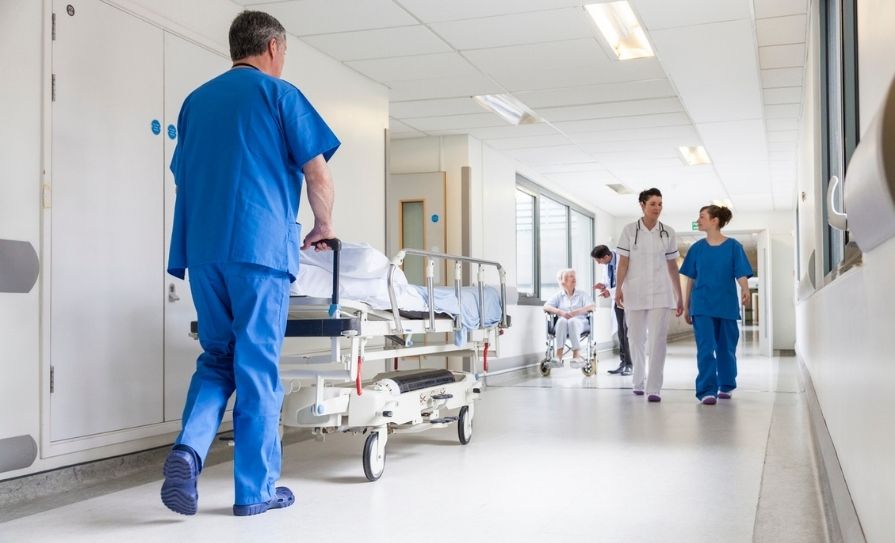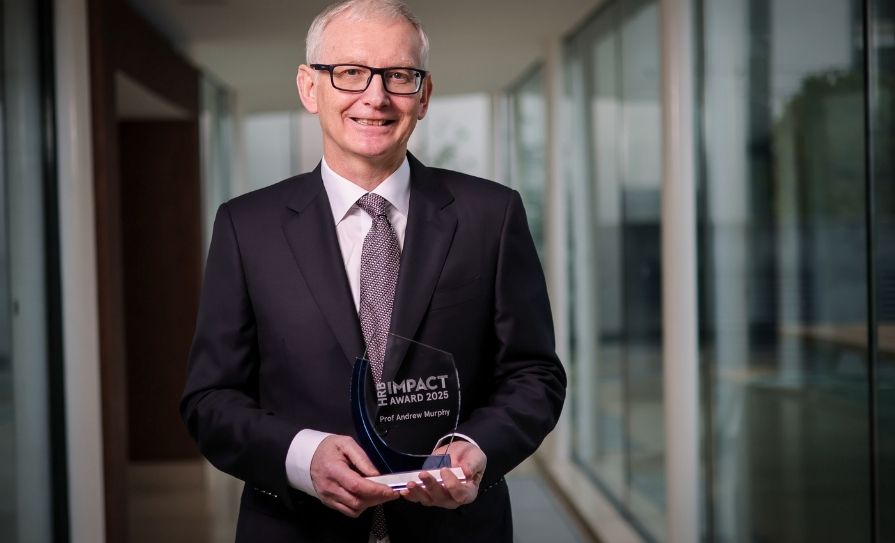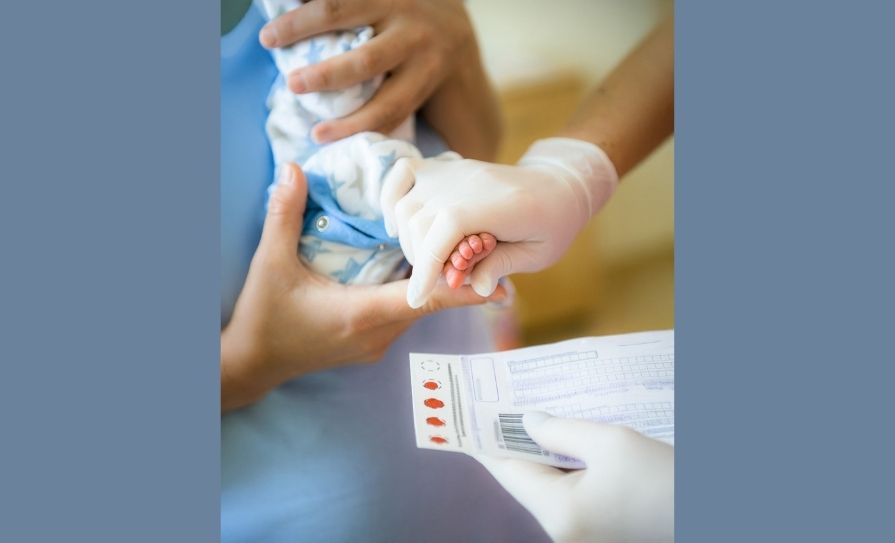There is a need for greater mobile health screening for vulnerable migrants due to changing demographics, according to the HSE.
The Executive’s National Social Inclusion Office is currently seeking to appoint a suitably qualified service provider to run its mobile health screening unit (MHSU).
The MHSU has been operational since 2017 when the HSE recommissioned a bus gifted by the NHS in the UK.
The service was established in response to the emerging health needs of people fleeing the Syrian war and entering the State as part of the Irish Refugee Protection Programme (IRPP).
It supports the health screening of vulnerable migrants including international protection applicants, refugees under the IRPP, and the Roma population. The service also includes other vulnerable groups when required.
The aim of the MHSU is to provide a national screening service for infectious diseases, blood-borne viruses, and sexually transmitted diseases; health assessments; and temporary interim GP services.
The service seeks to facilitate integration with mainstream health services for populations that have difficulty accessing and integrating into such services.
The mobile unit has been networked to the national integrated medical imaging system and St James’s Hospital, Dublin.
“The past 18 months has seen unprecedented numbers of individuals and families seeking protection in Ireland as the result of various crises in Africa, Asia, and more recently Ukraine,” according to tender documents.
The number of displaced Ukrainian citizens granted temporary protection in Ireland reached 70,000 by the end of 2022 and has since increased.
The tender also states there has been a “surge” in international protection applicants, with 15,140 people arriving in 2022, which was a significant increase on 2021.
The need for services for arriving populations has necessitated “the rapid mobilisation of a dedicated workforce… and a health response which heretofore did not exist”.
The situation is placing “a significant demand on existing health services”, according to the tender.
The screening programme is being delivered in the context of the recently developed HSE Refugee and Applicants Seeking Protection Service Delivery Model.
Health screening under the model incorporates testing for infectious diseases that have “significant consequences” for the individual and community if undiagnosed.
The relative risk of a diagnosis of blood borne virus or tuberculosis (TB) will depend on several personal epidemiological risk factors and the prevalence in the individual’s country of origin, according to the tender.
The HSE will provide the mobile health screening unit (bus) to the successful service provider.
The unit should be maintained and equipped with necessary medical equipment and supplies by the provider. This must include an x-ray machine to be deployed immediately when screened individuals are found to have symptoms or history consistent with TB.
In collaboration with the HSE National Social Inclusion Office, the unit will develop a schedule of visits to different locations, including refugee centres, protection applicants’ accommodation, and other locations where migrants are residing.
The contract is for 36 months with the option to extend for a further 12-month period. The deadline for a response is 22 November.













Leave a Reply
You must be logged in to post a comment.